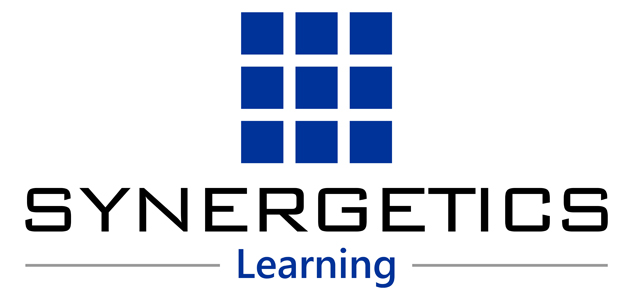On InfoWorld, Paul Krill Writes,
Windows Azure, Microsoft‘s fledgling cloud computing platform, is piquing the interest of IT specialists who see it as a potential solution for dealing with variable compute loads. But an uptick in deployments for Azure, which becomes a fee-based service early next year, could take a while, with customers still just evaluating the technology.
“We’d be targeting applications that have variable loads” for possible deployment on Azure, said David Collins, a system consultant at the Unum life insurance company. The company might find Azure useful for an enrollment application. “We have huge activity in November and December and then the rest of the year, it’s not so big,” Collins said. Unum, however, is not ready to use Azure, with Collins citing issues such as integrating Azure with IBM DB2 and Teradata systems.
“From a scale-out perspective and for the future, it’s kind of interesting to hear” about Azure, said Michael Tai, director of development at Classified Ventures. But his company is probably not looking to use Azure in the short term, he said.
Meanwhile, an advertising agency that has done ads for Windows 7 already has used Azure. An official of that company also cited benefits in offloading of compute cycles to the cloud. “We’ve used Azure on a couple of projects already and had great success with it,” said Matthew Ray, technical director at Crispin Porter + Bogusky. “I think what helps us is we don’t have all the time and money” to build huge server clusters for projects that get a lot of traffic but only live for a month, Ray said. Using traditional platforms, “you can spend inordinate amounts of money — hundreds of thousands of dollars — to support something like the Super Bowl, something like that, and you’re done in a day, basically,” he said.
Microsoft has improved Azure since the last time the company looked at it. “It wasn’t as rich as it looks now,” said Sean Gordon, an architect in the strategy architecture emerging technology team at Chevron. “We’re looking at offloading compute resources, potentially, into the cloud,” he noted.
A Microsoft SharePoint software vendor sees Azure‘s potential for purposes such as extranets. “A lot of applications I can see being extended to the cloud,” said Stephen Cawood, community director at Metalogix. “For big companies, they’re still going to want to have their own datacenters and host things like SharePoint, but I can see them using cloud computing possibly for extranet scenarios where they’re working with partners or even customers.”
David Nahooray, software developer for the Organization for Economic Cooperation and Development (OECD), an international intergovernmental agency, said any decision to go to the cloud would be made a higher level. “[Azure] looks interesting, but it’s probably up to my boss to decide if we can go and put stuff outside in the cloud,” Nahooray said. Data such as economic indicators could be deployed on Azure for access by other organizations, he said.
Cloud computing is here. Running applications on machines in an Internet-accessible data center can bring plenty of advantages. Yet wherever they run, applications are built on some kind of platform. For on-premises applications, this platform usually includes an operating system, some way to store data, and perhaps more. Applications running in the cloud need a similar foundation. The goal of Microsoft’s Windows Azure is to provide this. Part of the larger Azure Services Platform, Windows Azure is a platform for running Windows applications and storing data in the cloud.
Cloud computing is a style of computing in which dynamically scalable and often virtualized resources are provided as a service over the Internet. To deploy a new solution, most of your time and energy is spent on defining the right infrastructure, hardware and software, to put together to create that solution, cloud computing allows people to share resources to solve new problems. cloud computing users can avoid capital expenditure (CapEx) on hardware, software, and services when they pay a provider only for what they use.
Synergetics is a premium brand in the Indian IT industry with an experience base of over 15 years in the area of people competency development; engaged in delivering it thru its training and consulting interventions , primarily focusing on their productivity with regards to the project and deliverables on hand.Its primary differentiator has been its solution centric approach and its comprehensive client focused service portfolio.

